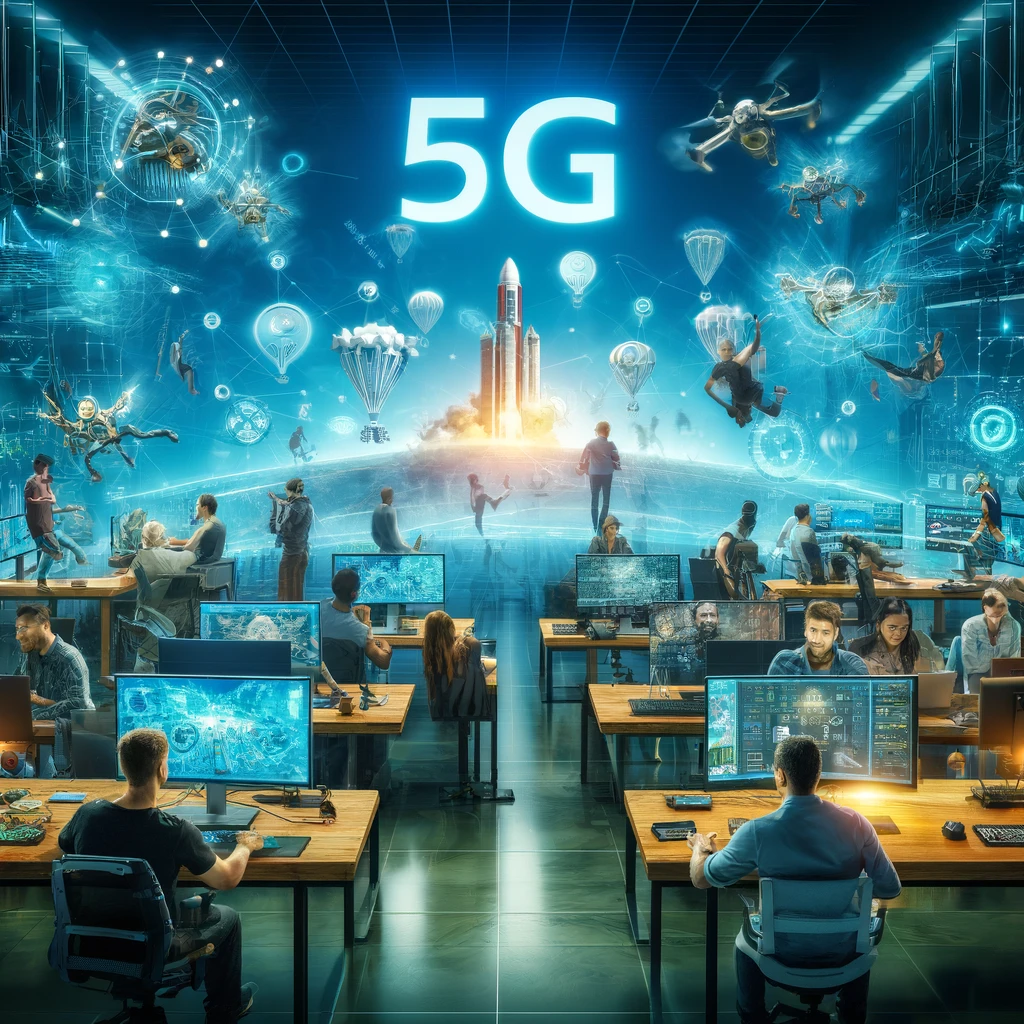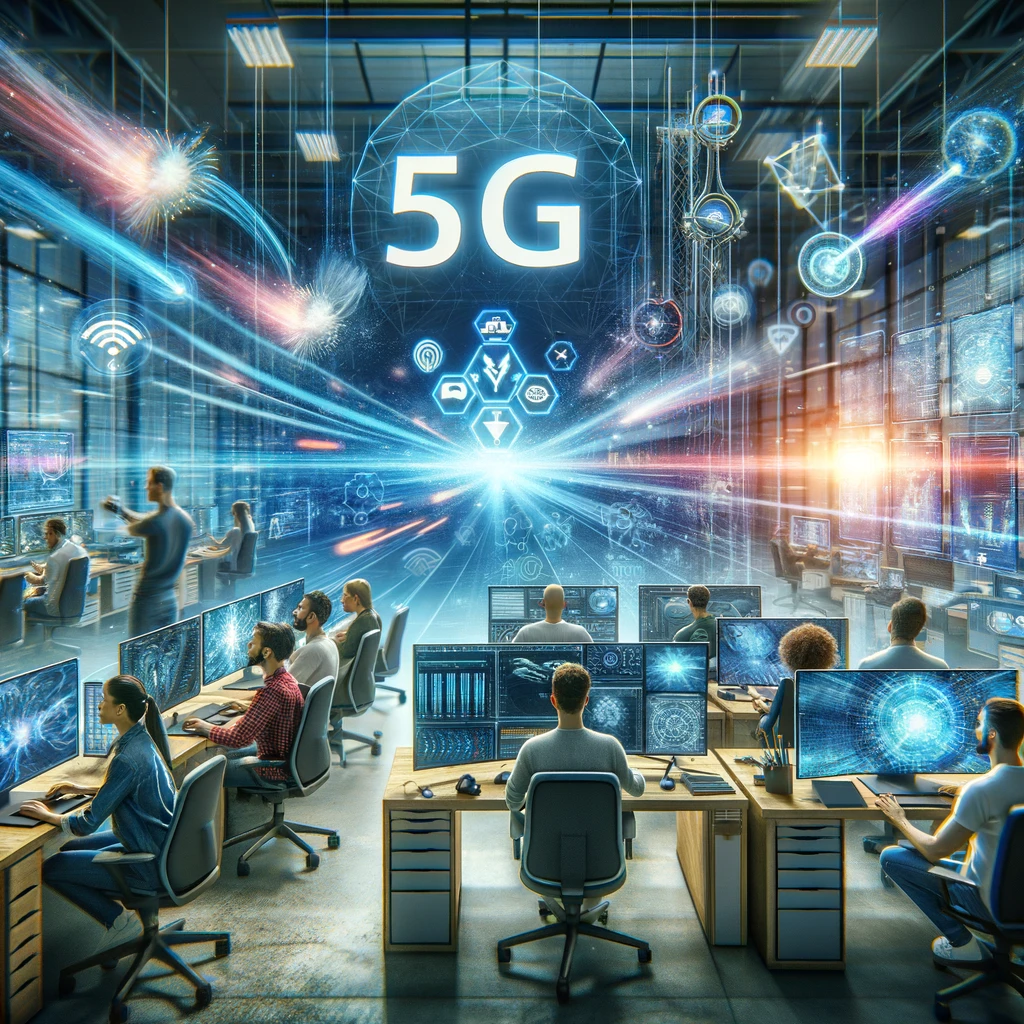
The advent of 5G technology has unlocked new possibilities in countless fields, with the gaming industry standing out as a primary beneficiary. For game developers, 5G offers a transformative upgrade in how games are designed, developed, and delivered. This article delves into the practical aspects of leveraging 5G technology, focusing on enhancing game design and functionality.
Understanding 5G and Its Impact on Gaming
5G stands for fifth-generation mobile network technology, which promises significantly faster data speeds, reduced latency, and higher capacity compared to its predecessors. For game developers, these attributes translate to several direct benefits:
- Reduced Latency: 5G dramatically decreases latency to as low as 1 millisecond. This improvement is crucial for multiplayer games, where real-time interactions can make or break the gaming experience.
- Increased Bandwidth: With 5G, developers can push more data in real-time. This means richer game environments and more complex simulations that were previously limited by 4G bandwidth caps.
- Enhanced Connectivity: More reliable connections ensure that developers can offer a consistent gaming experience to a broader audience, even in densely populated areas.

Practical Advice for Harnessing 5G in Game Development
- Design for Real-Time Multiplayer Experiences
The low latency of 5G is a game-changer for multiplayer gaming. Developers should consider designing games that capitalize on real-time interactions and seamless multiplayer experiences. For instance, fast-paced action games, real-time strategy games, and multiplayer arenas can now operate more smoothly, akin to local network play. - Utilize Cloud Gaming Platforms
5G makes cloud gaming more viable than ever, allowing games to be streamed with minimal delay to a variety of devices, including smartphones, tablets, and VR headsets. Developers can leverage cloud platforms to bypass the limitations of device hardware, focusing on creating more graphically intense and resource-demanding games. - Enhance AR and VR Experiences
Augmented Reality (AR) and Virtual Reality (VR) stand to gain significantly from 5G’s capabilities. With lower latency and higher bandwidth, developers can create more immersive and complex AR/VR experiences. This can include more interactive elements and real-time data overlays for AR, and smoother, more responsive environments in VR. - Incorporate Machine Learning and AI
With 5G, the ability to incorporate AI and machine learning in games becomes more feasible. Developers can use these technologies for dynamic game balancing, behavior prediction, and providing personalized content. The increased data throughput and faster processing speeds enable AI computations to be done in real time, enhancing the gameplay experience. - Prepare for the Internet of Things (IoT)
As 5G promotes the growth of IoT, game developers have new opportunities to integrate various IoT devices into their games. This could mean games that interact with smart home devices, fitness trackers, and other IoT gadgets to create unique, context-aware gaming experiences.
Challenges and Considerations
While 5G opens up exciting new possibilities, it also comes with its set of challenges. Developers must consider device and network compatibility, ensuring games can scale across different generations of network technology. Additionally, the impact on battery life and data usage for end-users is a critical consideration, especially as richer game content could lead to higher consumption rates.

5G technology offers game developers an unprecedented opportunity to innovate and push the boundaries of what games can be. By understanding and leveraging the capabilities of 5G, developers can not only enhance game design and functionality but also provide gamers with richer, more immersive experiences that were not possible before. As the technology becomes more widespread, adapting to and embracing these changes will be key for developers looking to make their mark in the future of gaming.










